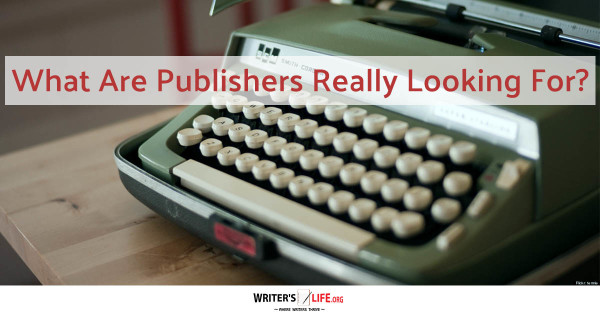- How To Tackle Jealousy In Creative Writing
- Common Submission Mistakes
- How To Stop Your Blog Becoming Boring
- The One Thing Every Successful Writer Has In Common
- How To Make Yourself Aware Of Publishing Scams
- Why Almost ALL Writers Make These Grammar Mistakes At Some Point
- 5 Tips For Authors On How To Deal With Rejection
- Top Mistakes to Avoid When Writing a Novel
- How to Avoid Common New Writer Mistakes
- 10 Mistakes New Fiction Writers Make
What Do Publishers Really Want?

Understanding what publishers really want isn’t as easy as one might think. Many writers believe they have a fantastic story within them, and if you are writing purely for your own pleasure, or simply have a need to write down whatever brilliant, informative,exciting story you have, that is great.
If you want your writing to sell however, that is something different. Writing for a living requires thought, careful planning and a thorough understanding of what publishers are looking for. In terms of fiction writing this is particularly true, as competition is fierce, and demand changes all the time, and most publishers only pick a select few titles each year. Because of this it is really important that you do your research, and do it before you start, if you want to give yourself the best chance of being accepted by a publishing house.
Publishers want to make money.
A simple truth that perhaps isn’t always truly considered by many writers before they begin. Publishers need to be sure they can sell your work, and sell it enough that it makes it finically viable for them. They look for specific factors that are tried and tested. They know their audiences better than anyone. They know what they want, and if your work doesn’t match that, it will fall at the first hurdle.
Check the length
Something as simple as ensuring you are writing to the right length is so important. If you are hoping to have an article or story featured in a magazine then do your research to find out what the accepted word count is. Publishers of novels also have strict ideas about length. Most are simply not interested in publishing a work of fiction that is under 60,00 words, and, particularly if you are a new writer, they prefer the story to be no more than 120,000 words. Non-fiction books vary greatly in length, however if your work is less than 35,000 words this is likely to leave many publishers questioning its worth.
Research the market
Works of fiction need to have a strong plot, engaging characters, and originality. You may have a excellent story about a boy wizard, but unless you can tell it in a totally unusual way (and even then you may struggle), you are unlikely to be even considered. Try not to fall into the trap of thinking that because a particular book has brought an author fame and fortune, if you write a similar tale, that you will be immediately snapped up.
Non-fiction writers must be able to prove that they have a strong knowledge of their subject matter, and be able to present that knowledge in a highly interesting and unique way.
Proofread
All writers, regardless of their subject matter must take care with how they present their writing. Publishers won’t be able to overlook poor sentence construction, misspellings and bad grammar, regardless of how good your work is.
Don’t be a one trick pony
If you can prove to a publisher that you will be able to write additional stories, novels or non-fiction books you will be immediately more appealing to them. Stick to the same genre, build up an audience of loyal fans, make it a no-brainer for a publisher to keep taking on your work.
Be cooperative
Everyone likes an easy life so if you do get accepted for publication then do everything you can to keep your publisher onside, help promote your work by marketing it yourself. Always meet deadlines and follow guidelines, and generally be a pleasant and cooperative person to work with.
No one said getting published was easy, and the bottom line is that it takes hard work, dedication, and a thick skin. However if you prepare yourself properly and make sure you ask yourself if you are really writing something publishers will want then you stand the very best chance of success.






























